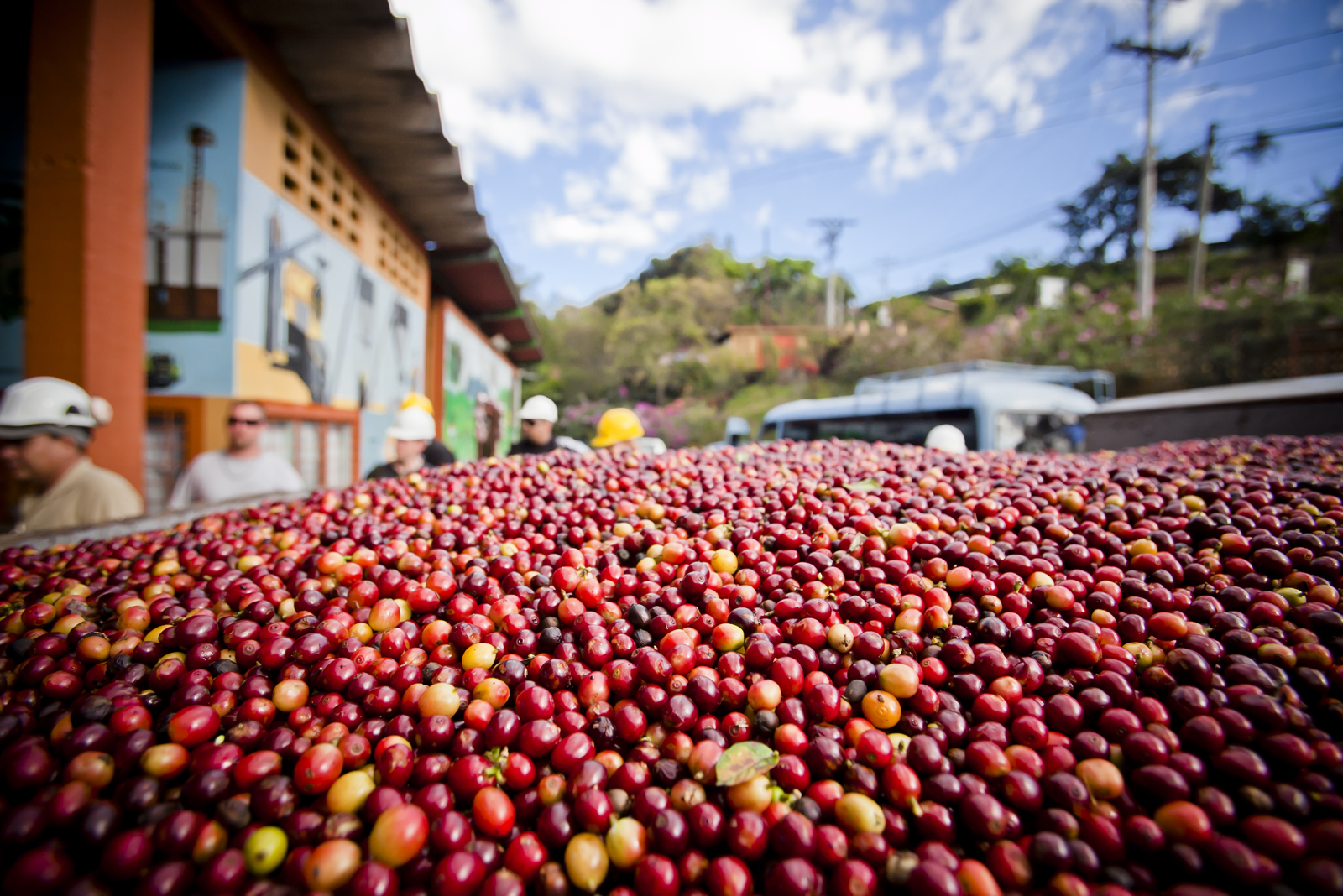With a total investment of $3.2 million, The Inter-American Development Bank (IDB), several international organizations, and other trade partners will support four specific projects that have just been launched this month as a part of the SAFE Platform. One of them is a SAFE Individual Project and the rest are Small Interventions.
What is the difference between one and the others? SAFE Individual Projects incorporate key elements of innovation (incremental or disruptive), include a gender and youth integration perspective, and address the challenges of sustainable agriculture and the inclusion of smallholder farmers in global high-value markets.
On the other hand, the Small Interventions complement larger SAFE projects in areas such as tools for risk management, value chain governance, use of Geographic Information System (GIS) for improved quality and traceability, mobile technology for service delivery (financial and technical), among others.
Price Risk Management
Let's start talking about the Safe Individual Project called Price Risk Management for Coffee Cooperatives in Latin America. Its main purpose is to promote a unique and integral strategy that includes the development of a Price Risk Management toolkit, and access to financial resources. This will allow cooperatives to increase their incomes by implementing an adequate (PRM) strategy and create a virtuous cycle that lets them pay for their own training as they move forward, and receive longer-term financing, therefore catalyzing self-sustaining change.
Executed by the Oikocredit International Support Foundation (ISUP), in partnership with Catholic Relief Services, Keurig Green Mountain and Fair Trade USA, the initiative is targeted to over 16 beneficiary cooperatives from Honduras, Guatemala, Nicaragua, Colombia, and Peru (about 5,000 mostly smallholder farmers).
The project is divided into four working components: organizational strengthening, PRM Toolkit, Peer-to-Peer Learning Apprenticeship Program, and Options Financing. Based on a pre-assessment of each co-op’s PRM capacities, it seeks to transform the following over a three-year period: co-op profitability, credit-worthiness, and competitiveness.
Climate Smart Coffee and Responsible Sourcing
Next, we have the first one of the three other SAFE Small Intervention Projects. This initiative aims to integrate climate resilience, traceability and sustainability into the supply chains of 1,500 smallholder farmers, both male and female, from the Santa Rosa region, in Guatemala.
The Hanns R. Neumann Stiftung North America (HRNS NA), in tandem with roaster and trader efforts, seeks to strengthen rural livelihoods by empowering farmers to adapt to climate variability, increase capacity of farmer organizations to deliver relevant services to farming communities, and share learnings in various sector initiatives to develop a sense of urgency for a more coordinated sector action.
How will this be achieved? By focusing on three main activities: Value Chain & Organizational Development, Climate Smart Coffee Systems, and Strategic Dialogue & Institutional Learning.
The long-term goal is for coffee production to be an economically viable, environmentally sustainable, and climate-change resilient livelihood activity for smallholder farming households in Guatemala and the Central American region as a whole.
Coffee Landscapes Assessment Project
To design and pilot a holistic assessment framework for coffee landscapes is the primary objective of the second Small Intervention Project. Here, Conservation International (CI) and the Committee on Sustainability Assessment (COSA) propose to work together with the members of the Coalition for Coffee Communities (CCC) to develop a landscape assessment framework that combines cooperative, household and remote sensing analyses to measure progress made by the coffee sector in driving socio-economic development of communities and ecological conservation at the landscape level.
The goals of the project are twofold: first, to develop an assessment approach to coffee landscapes that can be taken up and replicated across the sector; and second, to identify and align on strategic investments the CCC members can undertake individually and collaboratively in Jinotega, Nicaragua by applying the assessment approach.
This methodology comprises three separate pieces: landscape accounting, household and producer organization surveys, and environmental monitoring. Together, all of these factors combine to increase the likelihood that a farmer will be successful and have the necessary quality of life to continue producing at a reasonable cost.
Gender Equity in Coffee Value Chains
Finally, the last project will work to identify and spearhead the design and testing of a validated systematic approach to a more resilient coffee supply chain by improving gender equity at origin. Specifically, the Partnership for Gender Equity (PGE), a strategic research and development initiative of the Coffee Quality Institute (CQI), aims to leverage support from industry partners to work at the community level to empower men and women to achieve better coffee production and family outcomes.
In the short term, this project aligns with the SAFE vision by focusing on women and youth engagement through a gender equitable approach to develop shared tools, methodologies, and data to measure the impact of supply chain investment.
The area of intervention for activities outlined in this proposal is Northwestern Nicaragua (Estelí, Nueva Segovia, and Madriz), with approximately 4,000 direct beneficiaries and many more indirect beneficiaries.
Together, these four projects will not only develop and validate working methods and improve the financial performance of producer’s organizations; but they will also generate interesting knowledge and lessons to be shared with SAFE partners and productive sectors in general, for the benefit and welfare of the coffee industry all around the region.
